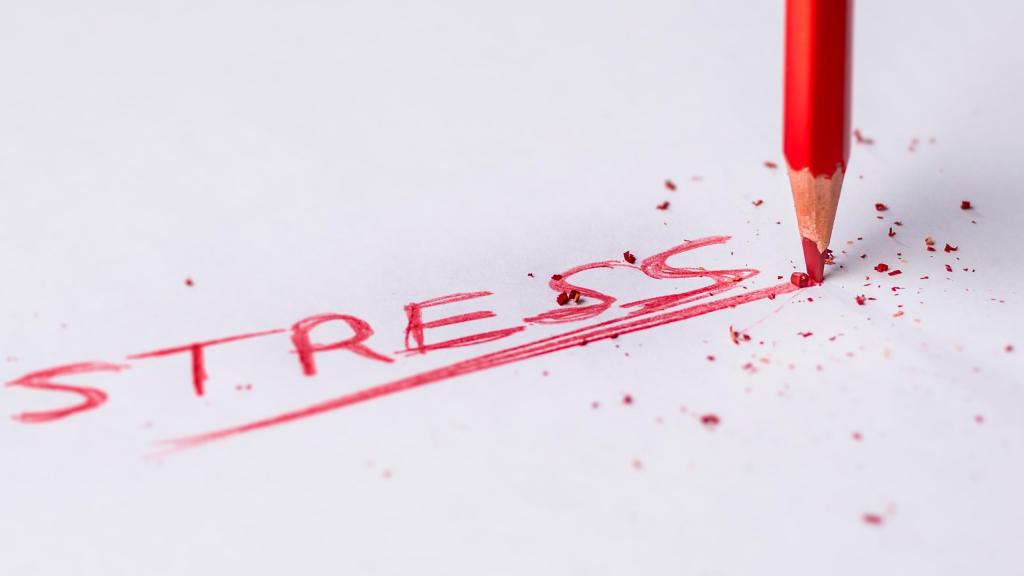The World Health Organization (WHO) Acknowledges Compulsive Sexual Behavior Disorder (CSBD)
Over the past twenty-five years, I have observed a wide variety of beliefs and values about human sexuality. Some people believe in having many sexual partners while others think that having a monogamous relationship is right. Some individuals advocate having multiple sexual experiences as “normal and natural”. While others indicate that sexual acts or thoughts can become obsessive, compulsive, and out of control. I know of professionals who become very frustrated during discussions about sexuality. Both sides of the argument seem to have merit depending on how you view the situation. Human sexuality IS a normal activity; however, for some sex turns into compulsive “acting out.” At this point, the World Health Organization (WHO) is acknowledging research trends providing important information on this topic.
On July 2, 2018, The Social Post news reports WHO officially recognized their most current diagnostic manual, ICD-11 which categorized sex addiction as a form of mental illness. This decision implies that sex addiction needs medical consultation and intervention.
According to Porn Help.org, the ICD-11 describes the condition of Compulsive Sexual Behavior Disorder (CSBD) in the following way:
Compulsive sexual behavior disorder is characterized by a persistent pattern of failure to control intensive, repetitive sexual impulses or urges resulting in repetitive sexual behavior. Symptoms may include repetitive sexual activities becoming a central focus of the person’s life to the point of neglecting health and personal care or other interests, activities, and responsibilities; numerous unsuccessful efforts to significantly reduce repetitive sexual behavior; and continued repetitive sexual behavior despite adverse consequences or deriving little or no satisfaction from it. The pattern of failure to control intensive, sexual impulses or urges and resulting repetitive sexual behavior is manifested over an extended period of time (e.g., 6 months or more), and causes marked distress or significant impairment in personal, family, social, educational, occupational, or other important areas of functioning. Distress that is entirely related to moral judgements and disapproval about sexual impulses, urges, or behaviors is not sufficient to meet this requirement.
The ICD-11 does not specifically use the word “addiction,” rather it classifies CSBD as an “impulse control disorder.” This is due to a person’s inability to control impulses to engage in repetitive sexual behavior.
The Social Post news reports that approximately 2% to 4% of the population experiences this condition. Some professionals believe this number is higher due to the billions of dollars that are spent on the various areas in the sex industry.
Professionals in the field have been aware for some time that certain clients neglect their relationships, health, family, and work responsibilities, due to these sexual obsessions and compulsions. Hopefully, for people suffering with this new diagnosis “CSBD” will understand their condition and feel more comfortable seeking treatment.
For more information or consultation, please contact me.





